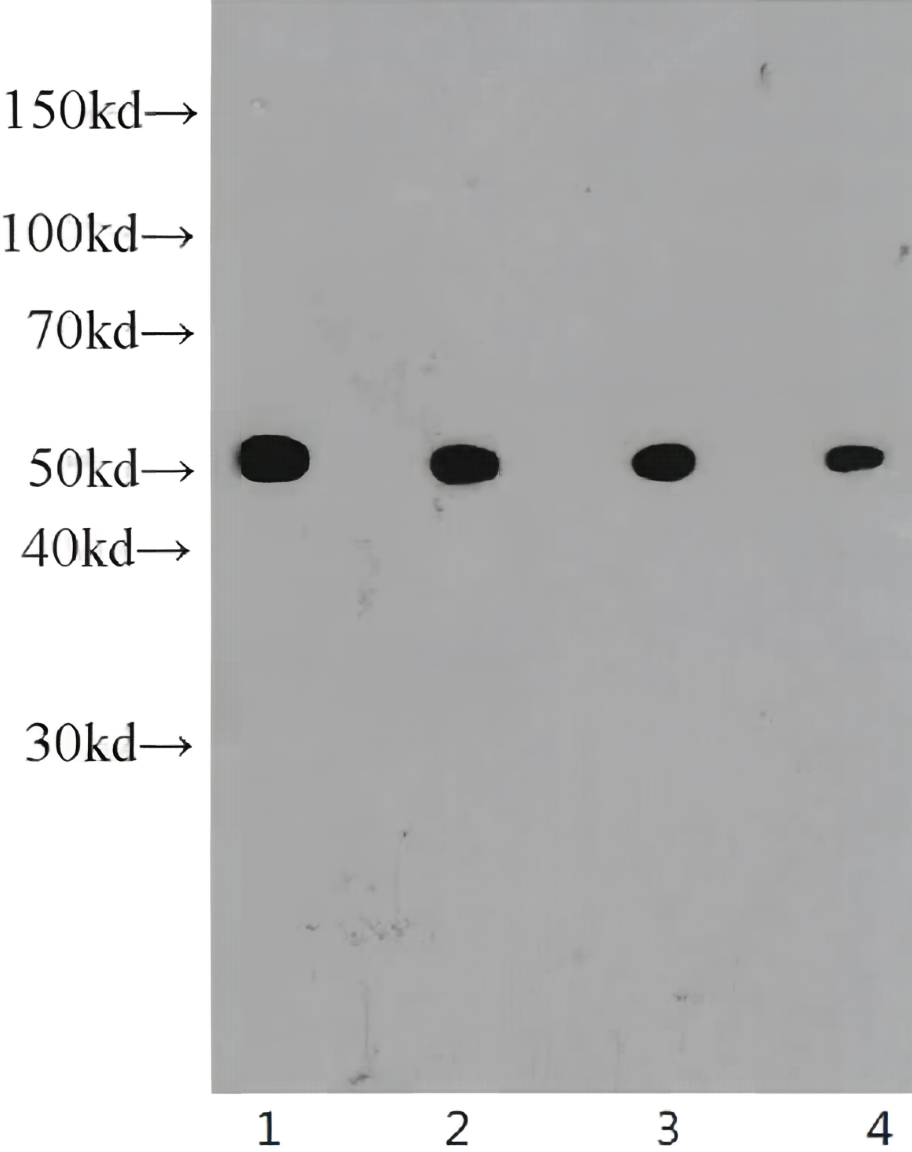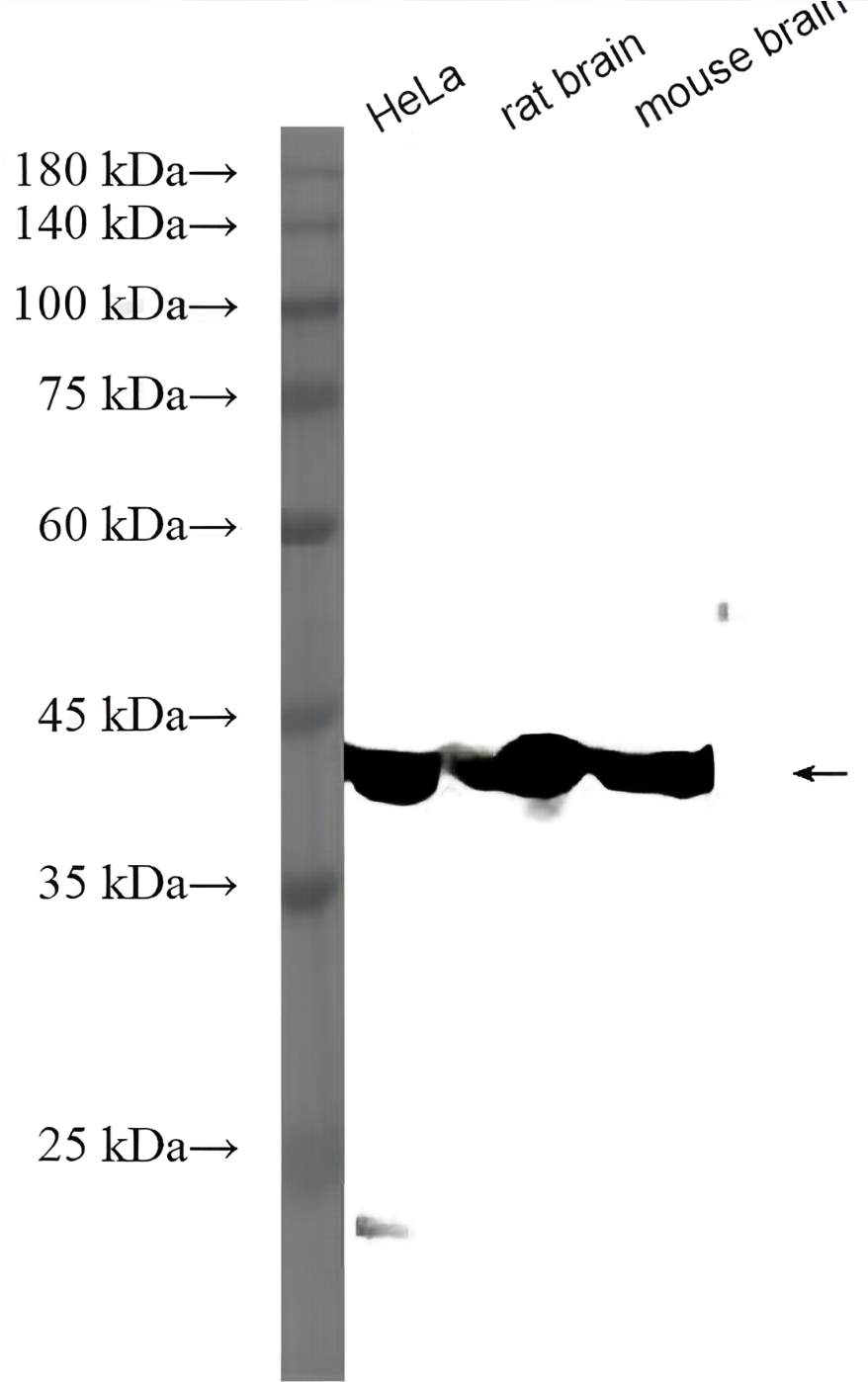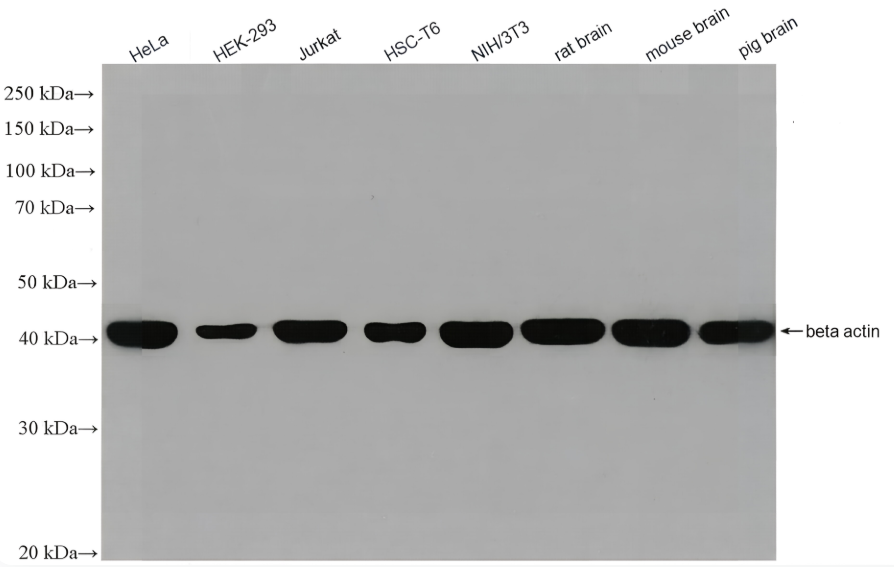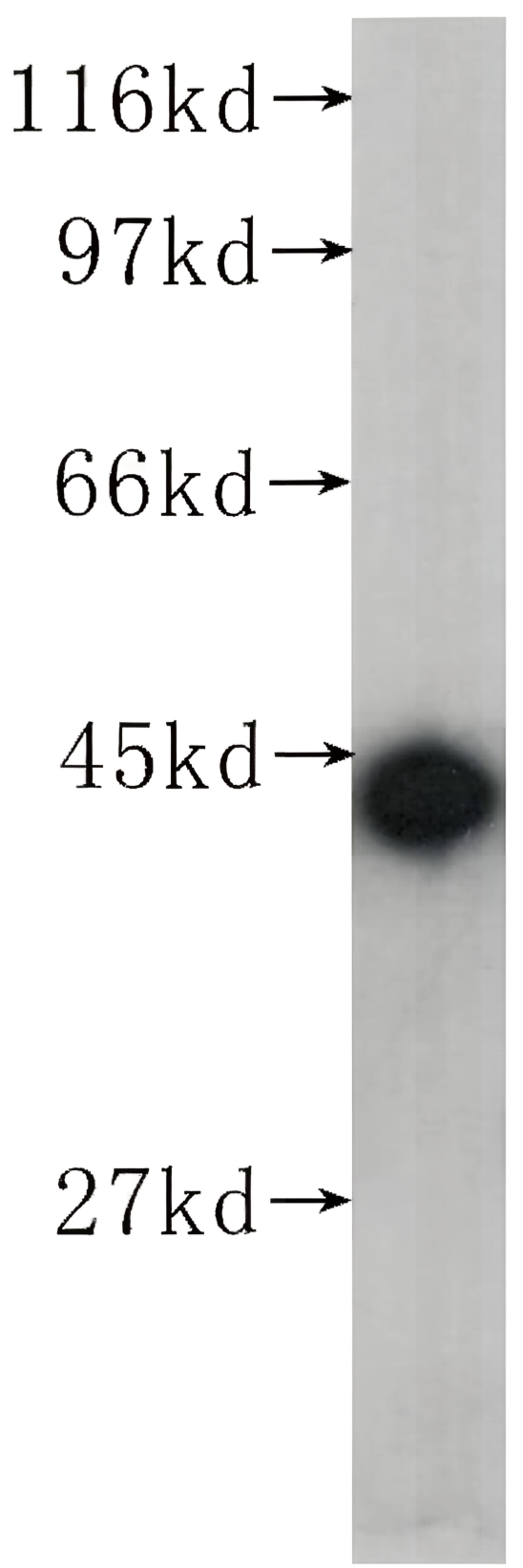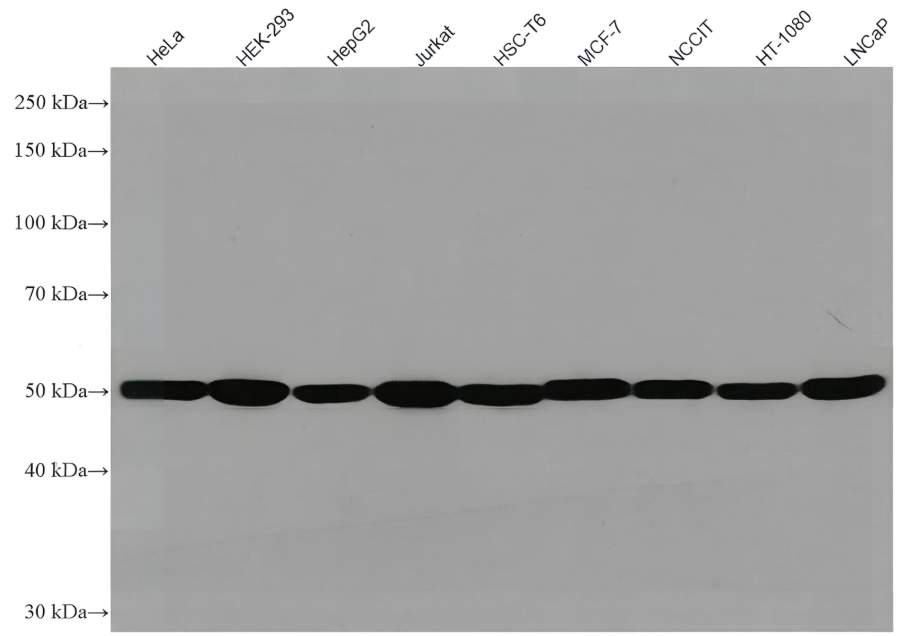Recombinant Human Oncostatin-M, 196a.a.
CAT.NO. : ARP6741
RMB Please choose
RMB Please choose
Size:
Trail, Bulk size or Custom requests Please contact us
*产品价格可能会有所调整,请以品牌方官网实时更新的价格为准,以确保准确性。
Background
Oncostatin M (OSM) is a growth and differentiation factor that participates in the regulation of neurogenesis, osteogenesis and hematopoiesis. Produced by activated T cells, monocytes and Kaposi’s sarcoma cells, OSM can exert both stimulatory and inhibitory effects on cell proliferation. It stimulates the proliferation of fibroblasts, smooth muscle cells and Kaposi’s sarcoma cells, but inhibits the growth of some normal and tumor cell lines. It also promotes cytokine release (e.g. IL-6, GM-CSF and G-CSF) from endothelial cells, and enhances the expression of low-density lipoprotein receptors in hepatoma cells. OSM shares several structural and functional characteristics with LIF, IL-6, and CNTF. Human OSM is active on murine cells. The human OSM gene encodes for a 252 amino acid polypeptide, containing 25 amino acid signal sequence for secretion and a 227-precursor protein. Proteolytic processing of this precursor removes an 18 amino acid C-terminal peptide, and generates the mature OSM form. It has approximately 46% and 45% amino acid sequence identity with murine and rat OSM. Recombinant human OSM contains 196 amino acids and has a molecular mass of 22.2kDa.
 New Products
New Products







